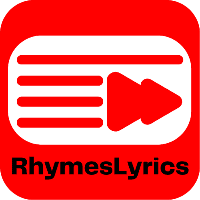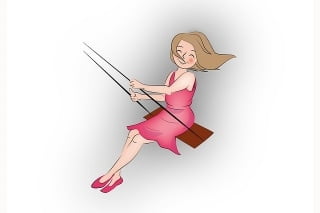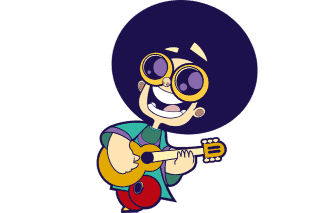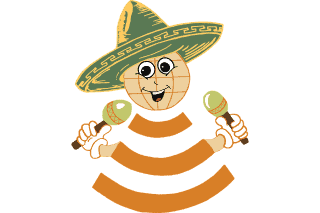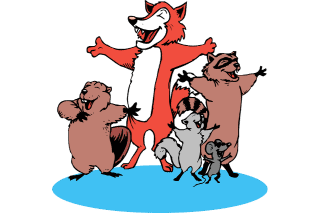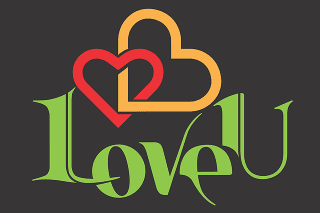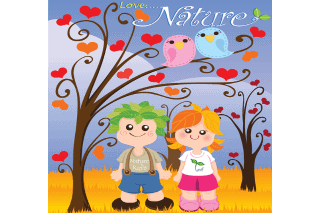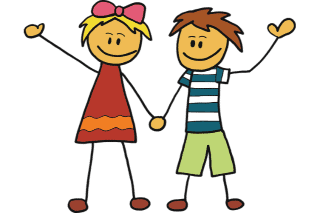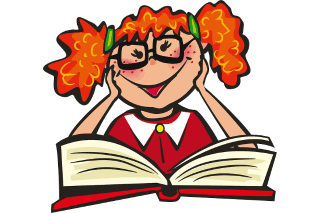
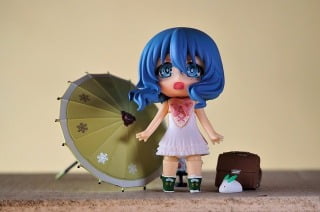
Dirty Face
“Dirty Face” is a fun poem by poet, cartoonist, songwriter, and musician Shel Silverstein about the carefree childhood existence. It contains various innocent explanations from a child point of view, as to the reasons of her dirty face. The poem is part of his collection of children’s poetry, “Where the Sidewalk Ends“, which was first published in 1974.
It all begins with the lines where a parent, asking their beloved child why their face is so dirty. Lines after that are the child innocent truthful explanations about all the activities they done to get their face so dirty. The child responds with a humorous list of activities that caused their face to become dirty. The poem is written in a playful and rhythmic style and is full of imaginative and fun imagery.
“Dirty Face” Poem lyrics
Where did you get such a dirty face,
My darling dirty-faced child?
I got it from crawling along in the dirt
And biting two buttons off Jeremy’s shirt.
I got it from chewing the roots of a rose
And digging for clams in the yard with my nose.
I got it from peeking into a dark cave
And painting myself like a Navajo brave.
I got it from playing with coal in the bin
And signing my name in cement with my chin.
I got it from rolling around on the rug
And giving the horrible dog a big hug.
I got it from finding a lost silver mine
And eating sweet blackberries right off the vine.
I got it from ice cream and wrestling and tears
And from having more fun than you’ve had in years.
The child in the poem describes crawling in the dirt, biting buttons off a friend’s shirt, chewing rose roots, digging for clams with their nose, peeking into a dark cave, painting themselves like a Navajo brave, playing with coal in a bin, signing their name in cement with their chin, rolling around on a rug, hugging a “horrible” dog, finding a lost silver mine, eating sweet blackberries, and having fun with ice cream, wrestling, and tears.
The poem is a celebration of childhood and the messy, fun, and imaginative play that children engage in. It captures the sense of freedom and joy that comes with being a child, and the humor and playfulness of Silverstein’s writing make it a favorite among children and adults alike.
In a beautiful aspect, this poem also depicts the difference of thinking between the parents and child towards the activities related to the childhood. Where the parents sees a dirty face of child, but in actual it is a beautiful canvas which represents all the childhood explorations and discoveries they made that a adult never seem to get up anymore.
Overall, It is a lighthearted and playful poem that celebrates the joys of childhood and imagination. The poem’s humor and imaginative descriptions of the child’s adventures make it a delightful read for both children and adults.
Frequently asked questions (FAQ's) based on 'Dirty Face'
Answer : The poet of this poem was Shel Silverstein.
Answer : ‘Dirty Face’ by Shel Silverstein is a sixteen line poem that is divided up into one couplet and one set of fourteen lines. The rhyme scheme is very consistent throughout. It follows a pattern of AB CCDDEEFF and so on, until the conclusion.
Answer : Dirty face mean unclear, soiled or face with dirt or grime.
Answer : Parents are asking from the child the reason of his dirty face.
Answer : The child is very innocently and truthfully explaining the reason of his dirty face. He is explaining his crawling along the dirt, peeking into a dark cave and so many discoveries he made.
Answer : Poem Dirty Face contain a child’s explanation to his parents about his dirty face. This poem contains all the innocent and truthful explanation of a child to his parents about his dirty face.
Some more details based on 'Dirty Face'
The poem begins with the boy’s mother scolding him for having a dirty face, but the boy doesn’t seem to mind. He explains that getting dirty is just part of being a kid and having fun. The mother, on the other hand, worries about what others will think and how the boy will be perceived.
Throughout the poem, the boy and the mother have a back-and-forth conversation about the importance of cleanliness and the freedom of childhood. The boy argues that he doesn’t need to be clean all the time and that it’s okay to get dirty once in a while. He also talks about how he likes to play with the dogs and the mud and how he doesn’t want to grow up too fast.
One of the main themes of the poem is the innocence of childhood and the importance of play. The boy’s love for getting dirty and playing outside is a reflection of this theme. Another theme is the conflict between parents and children, specifically the desire of parents to keep their children clean and presentable versus the desire of children to be free and explore the world around them.
Silverstein’s writing style often includes a mix of humor and poignant observations about life, and “Dirty Face” is no exception. The poem’s ending, where the boy’s mother tells him that he will regret getting dirty when he’s older, is a subtle reminder of the fleeting nature of childhood and the importance of cherishing the moments of joy and freedom that come with it.
Some activities for children's based on 'Dirty Face'
- Dirty Face Art: This activity encourages children to explore their creativity by using their hands and fingers to create art. To get started, provide them with washable paint and paper and encourage them to get messy! You can also provide different materials such as finger paint, washable markers, and watercolor paint to create a variety of textures and colors. Once the children have created their artwork, display it on a “Dirty Face” art wall for everyone to see. You can also take a picture of the children with their “dirty” faces and their artwork to document their creativity.
Note: This activity promotes creativity, self-expression, and sensory exploration. It also allows children to experiment with different art materials and techniques, and to practice fine motor skills while using their fingers and hands to create their art. Additionally, it can help children develop a positive attitude towards getting dirty and encourage them to embrace messiness and the joys of childhood.
2. Dirty Face Obstacle Course: Set up an obstacle course in a safe outdoor area and encourage the children to crawl, climb, and jump through the course. At the end of the course, have a “Dirty Face” station where the children can get messy with mud or paint. Once they’ve finished, have a clean-up station where they can wash their faces and hands.
Note: This activity promotes physical activity, gross motor skills, and sensory exploration.
Related links
Other popular poems
Other related keywords and search's
- dirty face poem summary
- dirty face poem questions and answers
- dirty face poem analysis and meaning
- dirty face poem by Shel Silverstein
- dirty face poem pdf download
- dirty face poem full lyrics printable
- dirty face poem written in english
